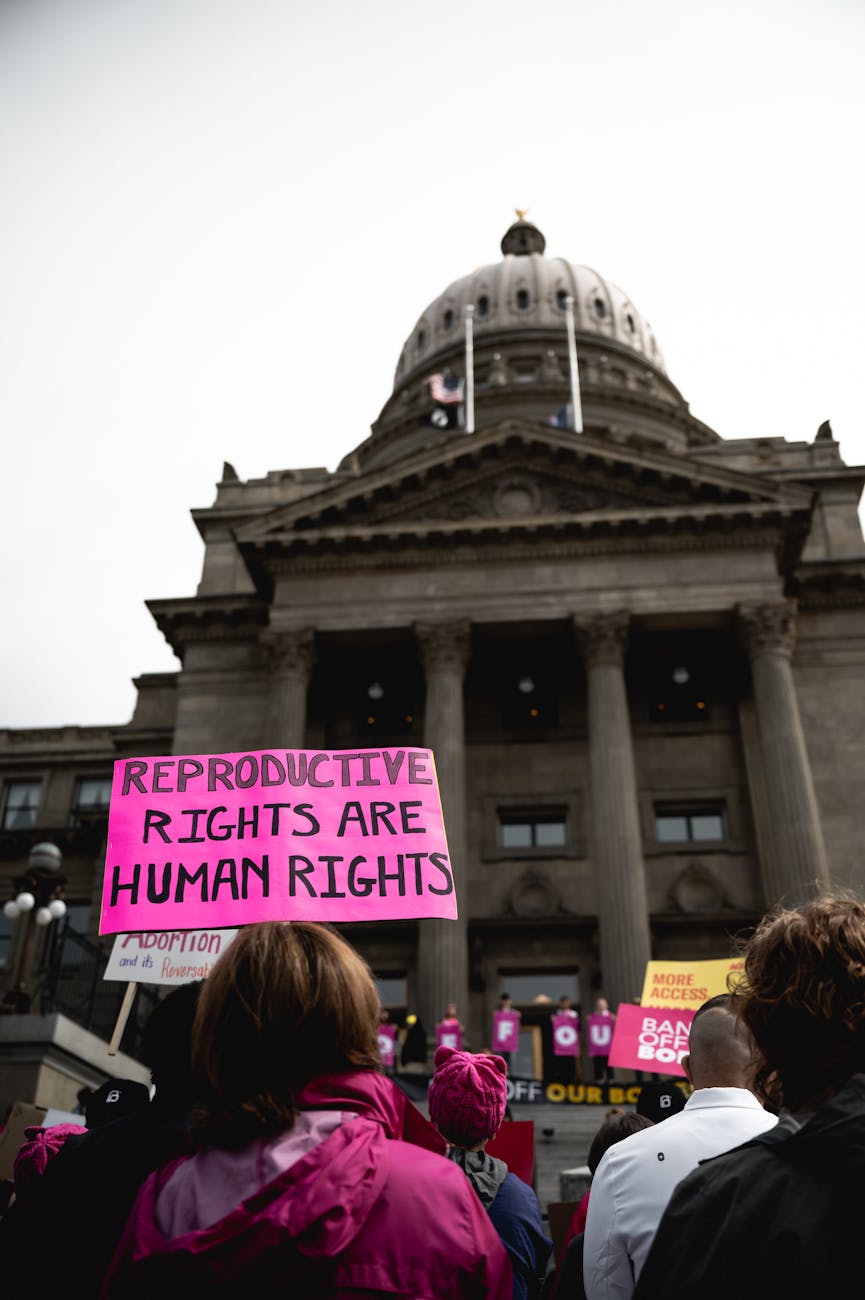February is Black History Month, annually observed in North America during the birth month of Frederick Douglass, an American social reformer, abolitionist, orator, writer, and statesman. Douglas escaped from slavery in Maryland, became a national leader of the abolitionist movement in Massachusetts and New York and was an early advocate for school desegregation. In the 1850s, Douglass observed that New York’s facilities and instruction for African-American children were vastly inferior to those for European Americans. Douglass called for court action to open all schools to all children. Centuries later, the efforts to advocate for a dignified self-determined life in a just democratic society in the United States are still on-going.
The Black History Month 2023 theme, “Black Resistance,” explores how “African Americans have resisted historic and ongoing oppression, in all forms, especially the racial terrorism of lynching, racial pogroms and police violence and profiling,”mass- incarceration, since the nation’s earliest days.
Systemic oppression of black people is deeply entrenched and pervasive in many parts of the world. It is embedded in the fabric of modern society and has been perpetuated over centuries as captured in the enduring effects of colonialism. Black people have been systematically denied equal access to resources, opportunities, and power and over the years have had to consistently push the United States to live up to its ideals of freedom, liberty, and justice for all. This resistance is necessitated by the institutionalised discrimination, that results in unequal access to educational and employment opportunities, as well as inadequate health care services. From the very first revolt in North America, in 1526 (San Miguel de Guadalupe colony), African-American resistance has taken a variety of forms in response to shifting challenges. During Reconstruction, freed enslaved people and Black Union soldiers organised protests, petitions, and civil disobedience campaigns in order to ensure that their rights were respected. This included efforts to register to vote, seek legal recourse, and combat the violent racism of the Ku Klux Klan.
The civil rights movement of the mid – 20th century was a continuation of this struggle. Led by prominent figures such as Dr. Martin Luther King Jr., sit-ins, boycotts, and marches challenging segregation laws and demanding equal rights were met with fierce opposition and often resulted in violence, but ultimately helped bring about landmark legislation such as the Civil Rights Act and Voting Rights Act of 1965.
Today, Black people continue to resist systemic racism and oppression in a variety of ways including the Black Lives Matter movement, protests against police brutality and the prison industrial complex. Activists have evolved new approaches from symbolic actions like kneeling during the national anthem to direct actions like removing the confederate flag from the South Carolina State House and pulling down the Confederate Soldiers Monument in Durham– continuing the legacy of Black resistance in the fight for justice, equity and equal opportunity.
Do not miss out on any of our Newsletters. Join our mailing list!










